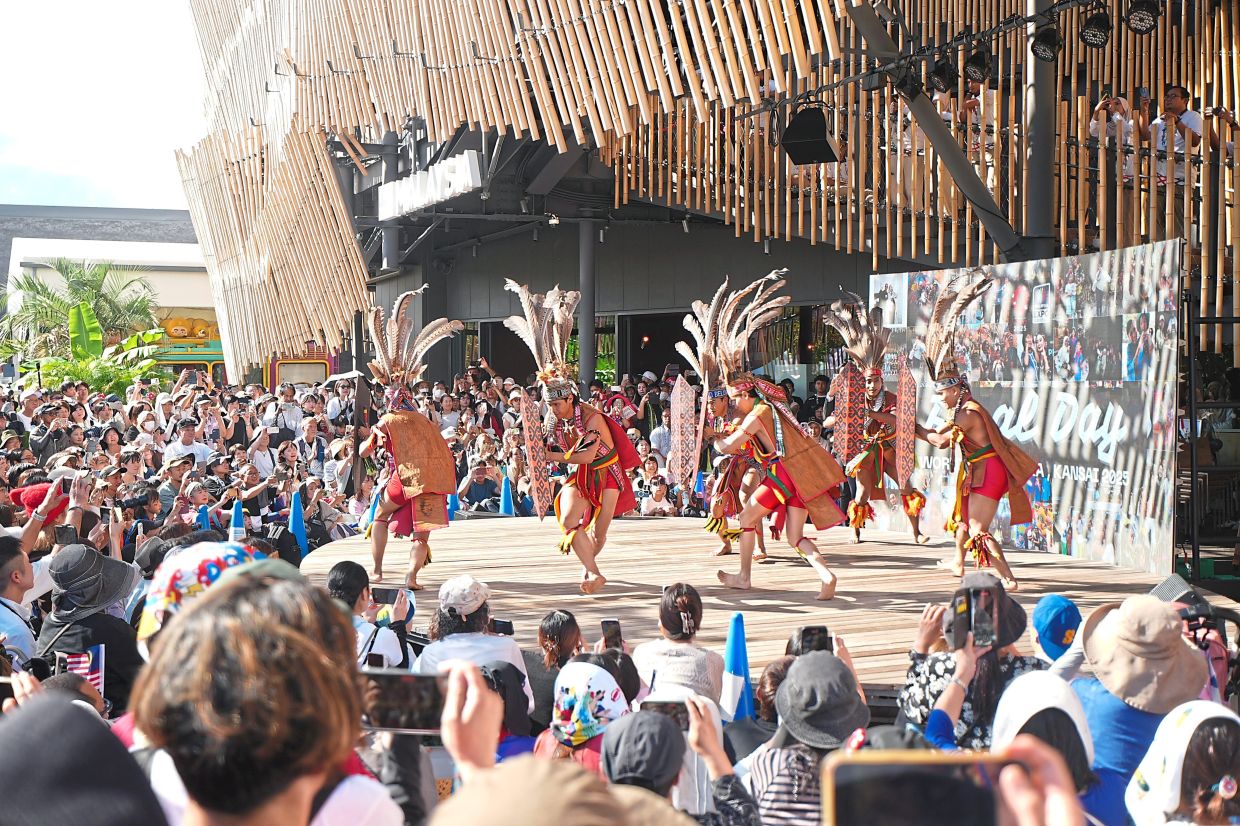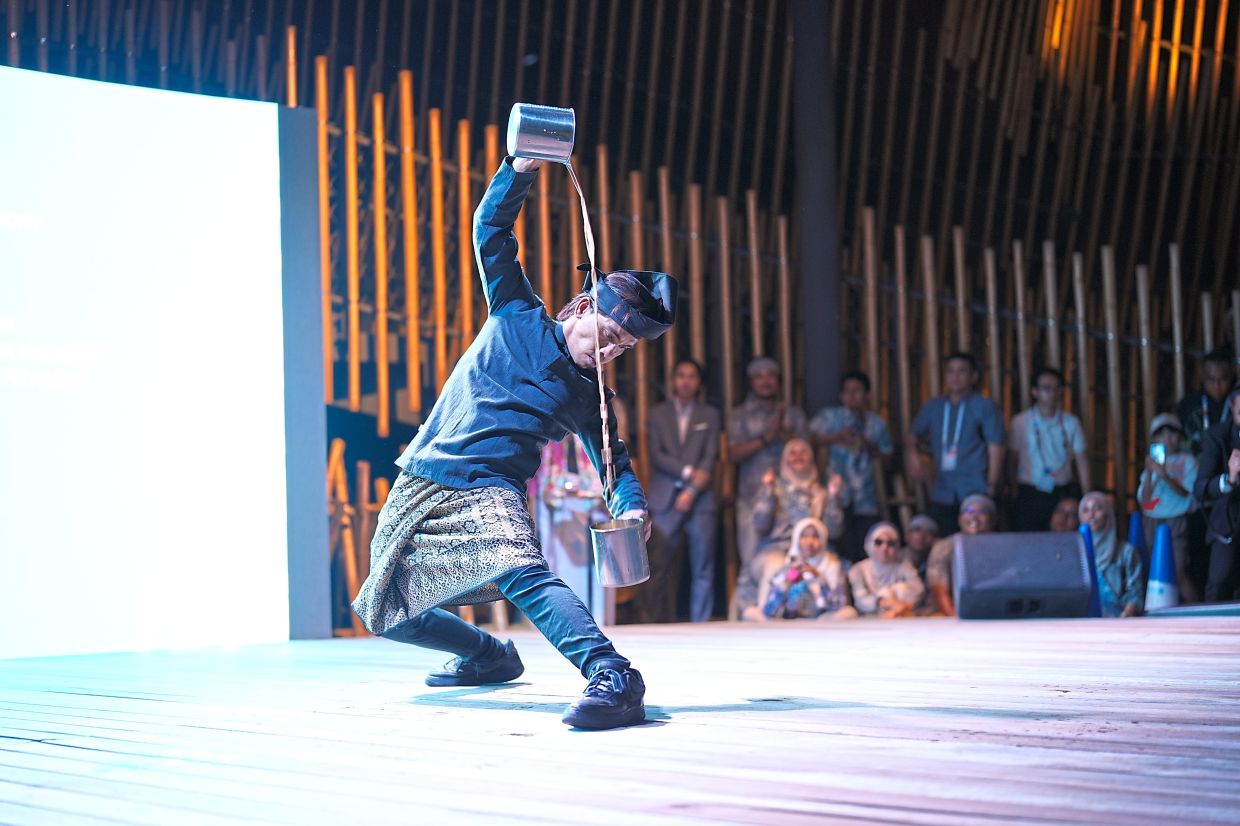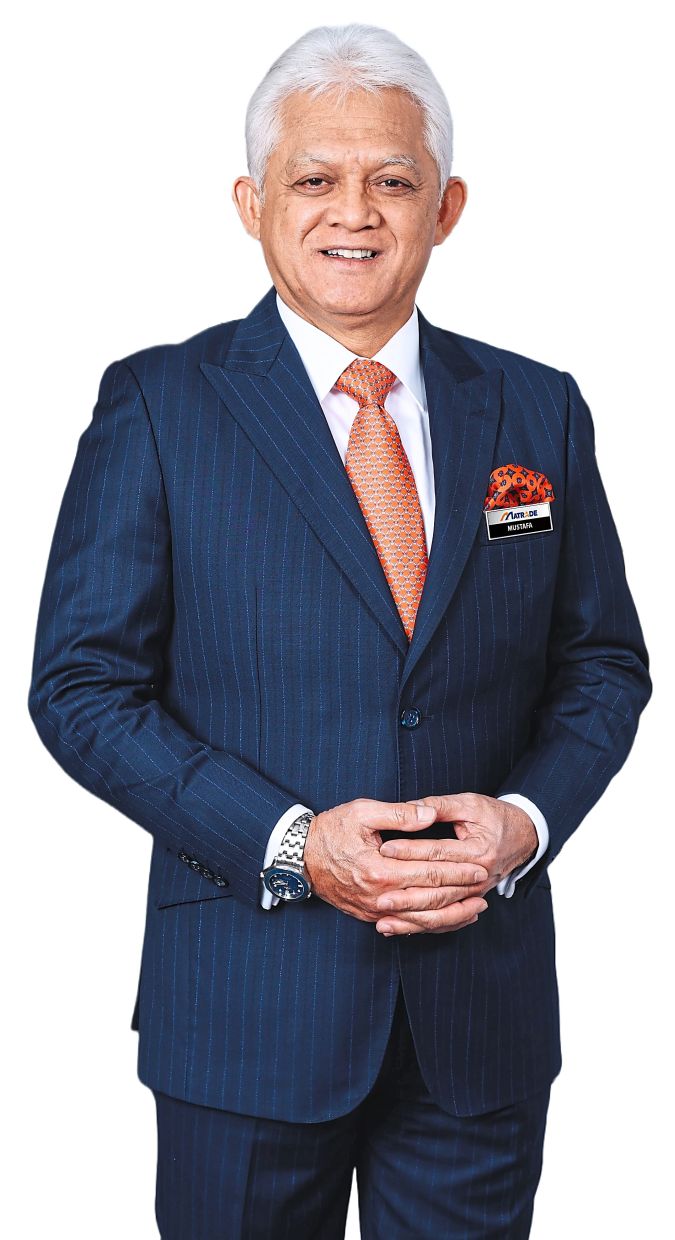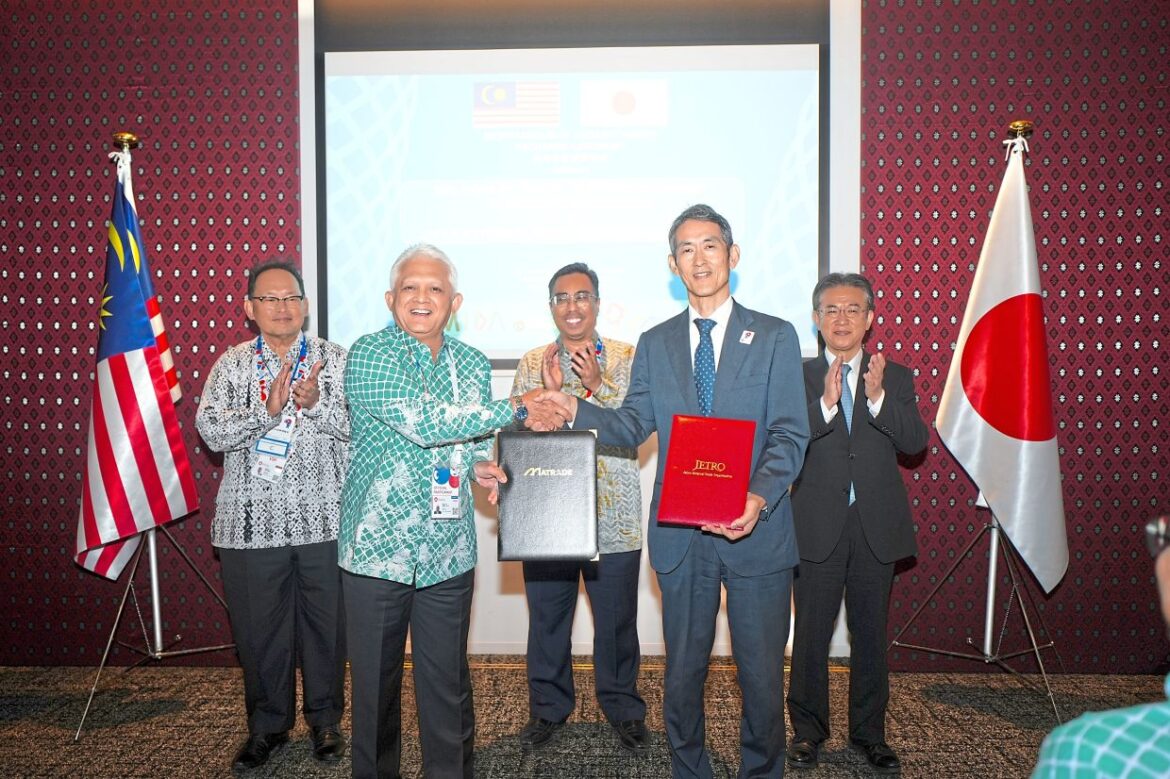OSAKA: Beyond the headline-grabbing figure of RM24.45bil in potential trade and investments secured at Expo 2025 Osaka, the success of the Malaysia Pavilion lies in the targeted, high-impact strategies executed by participating ministries and agencies.
Malaysia External Trade Development Corporation (Matrade) chief executive officer Datuk Seri Mustafa Abdul Aziz said the record-breaking 188% overachievement from the RM13bil target was not accidental but the result of a paradigm shift towards value-driven, sector-specific engagement that directly supports Malaysia’s economic efforts.
Mohd Mustafa, whose agency was entrusted by the Investment, Trade and Industry Ministry to organise the pavilion’s entire Business Programme, emphasised that the success came down to effective market intelligence, precise execution, and collaboration with government ministries and agencies.
“It was a very challenging task given to us, in the sense that we needed to really identify who the ‘right buyers’ were to be matched with Malaysian companies,” he said.
“But we did not act alone, as we had organised various specialised export acceleration missions through collaborative efforts, joining forces with other ministries and agencies that promote sectors under their purview. It’s all about concerted efforts—we can’t be working in silos anymore.”
He added that this is done through enhanced collaboration with industry associations, as these organisations understand the capabilities and export-readiness of their members.
Mohd Mustafa explained that Matrade’s efforts transcended simple networking, as the agency’s role involved organising business matching, business pitching and business seminars.
 Apart from the business programmes, the Malaysia Pavilion also hosted various cultural displays to showcase the best that Malaysia has to offer.
Apart from the business programmes, the Malaysia Pavilion also hosted various cultural displays to showcase the best that Malaysia has to offer.
“Our role was not just operational but strategic—to position Malaysia as a reliable trading partner and investment destination in the Asia-Pacific region,” he said.
“We organised business matching sessions every week, facilitating meetings between Malaysian exporters and Japanese, as well as international buyers and investors; business pitching for Malaysian companies to pitch their innovative products and solutions to the Japanese market; and business seminars for the Japanese audience, to showcase the best of Malaysia.
“We would not have been able to surpass the RM13bil target if we did not have these programmes that facilitated the right matchmaking between both countries.”
This rigorous mechanism was central to Matrade’s approach, which centred on bringing the right products to the right markets.
Mohd Mustafa credited the extensive groundwork done by his team of trade commissioners across the globe, citing the organisation’s global representation with 47 offices worldwide. This extensive network is crucial in identifying the right buyers and understanding their specific demands.
“You can’t just wing it and include companies on a whim. We have been very focused on finding the right export-ready Malaysian companies to be matched with the right buyers here in Japan,” said Mohd Mustafa.
“It’s like marrying both parties (buyers and sellers). Once we know what the Japanese market’s needs are, by conducting comprehensive market intelligence research on the ground, we can bring in the right sellers to the market.”
This approach resulted in the participation of 461 Malaysian companies across diverse industries, and 1,555 business meetings with strong contributions from sectors such as renewable energy and green technology, environmental and sustainability, education and training and agriculture.
To cement future collaboration and ensure market access for Malaysian companies, Matrade and the Malaysian Investment Development Authority (Mida) exchanged a memorandum of cooperation with the Japan External Trade Organisation (JETRO) during the closing ceremony of the Malaysia Pavilion on Oct 13.
 Visitors to the pavilion were in awe of the unique ‘teh tarik’ pulling method.
Visitors to the pavilion were in awe of the unique ‘teh tarik’ pulling method.
Mohd Mustafa said this three-year framework formalises deeper collaboration to facilitate investment promotion, promote company linkages and exchange of information on high-growth and emerging sectors.
Adapt and adopt approach
For long-term market access in Japan, which is Malaysia’s fifth major trading partner, Mohd Mustafa highlighted the importance of being proactive and demand-based.
This means that Malaysian exporters must align their products and services with major global trends, such as environmental, social and governance (ESG) principles, and emerging markets such as the halal and creative content industries.
“The adaptation of products for the demand sector is very important. If we feel we have strength in particular products, we will actively promote them to the Japanese market,” he said.
“For example, the Japanese, Korean and Taiwanese are beginning to realise the huge scale of the halal market. Since we are a leader in this market, we can act as a reference point for these countries to penetrate the global Islamic consumer market through initiatives like the recently concluded Malaysia International Halal Showcase (Mihas).”
He also noted the potential of Malaysia’s creative content and gaming industry, due to the high demand in the Japanese market, with numerous local companies collaborating with major players like Sony.
Exceeding export goals
Mohd Mustafa affirmed that the robust performance at Expo 2025 Osaka, which contributed RM5.62bil in potential exports, supports Malaysia’s larger national trade targets. Mohd Mustafa: We have to be creative and innovative, continuously transforming and reforming to get better results.
Mohd Mustafa: We have to be creative and innovative, continuously transforming and reforming to get better results.
Despite global economic uncertainties and geopolitical issues, the Malaysian export economy has remained resilient.
“At the beginning of the year, the government gave us a target of RM1.58 trillion in export value for 2025. The global economic outlook impacted all of our traditional markets, but despite the challenging situations we are facing, in the last eight months, our export value has already touched the RM1 trillion mark,” said Mohd Mustafa.
He expressed his confidence in hitting the RM1.58 trillion goal, driven not only by traditional markets, but also by emerging economies in Africa, the Middle East and Latin America.
“Markets in Africa, for example, have recorded double-digit growth of Malaysian exports,” he said.
“When examining these emerging markets, there are significant growth increases of 80-100%. This is a positive sign for us to move in fast and capitalise on these markets.”
Mohd Mustafa added that Malaysian companies will have to be nimble to break through in both Japanese and international markets.
“We have to be creative and innovative, continuously transforming and reforming to get better results,” he said.


AloJapan.com